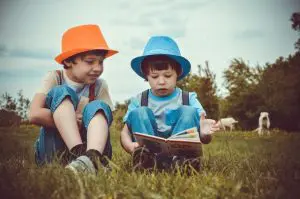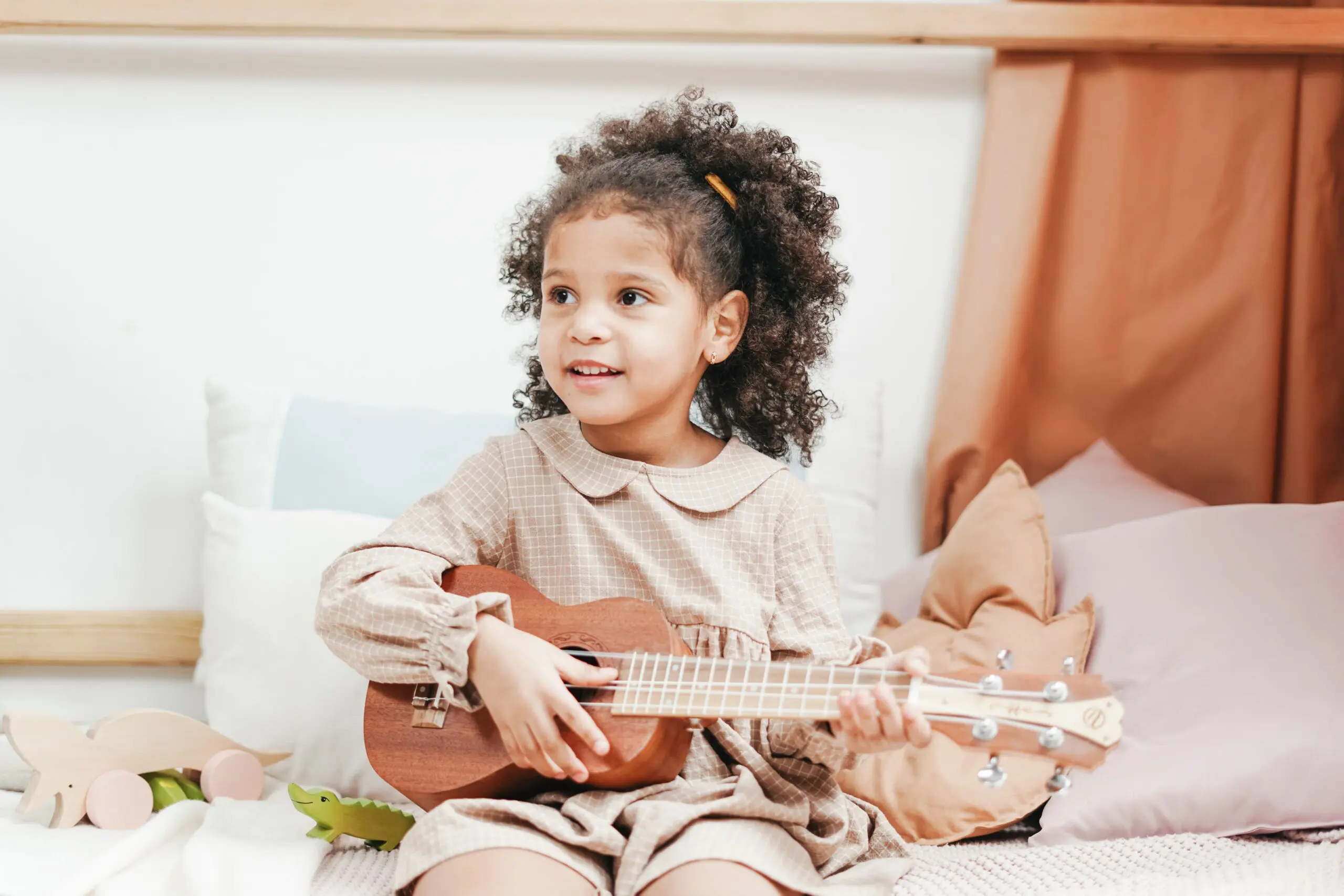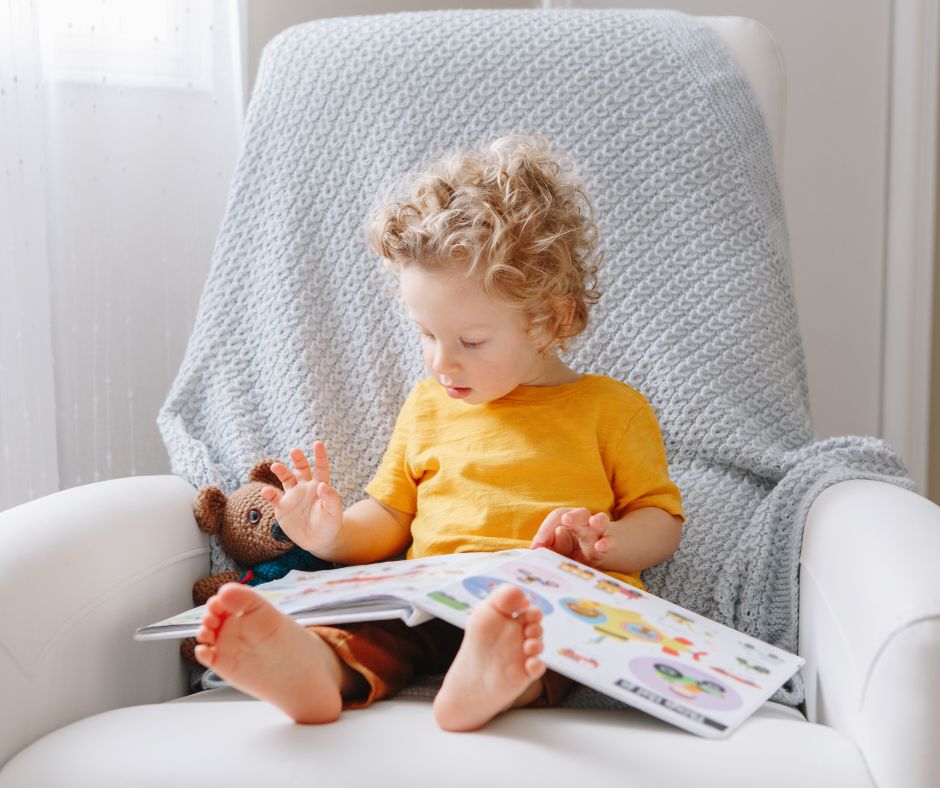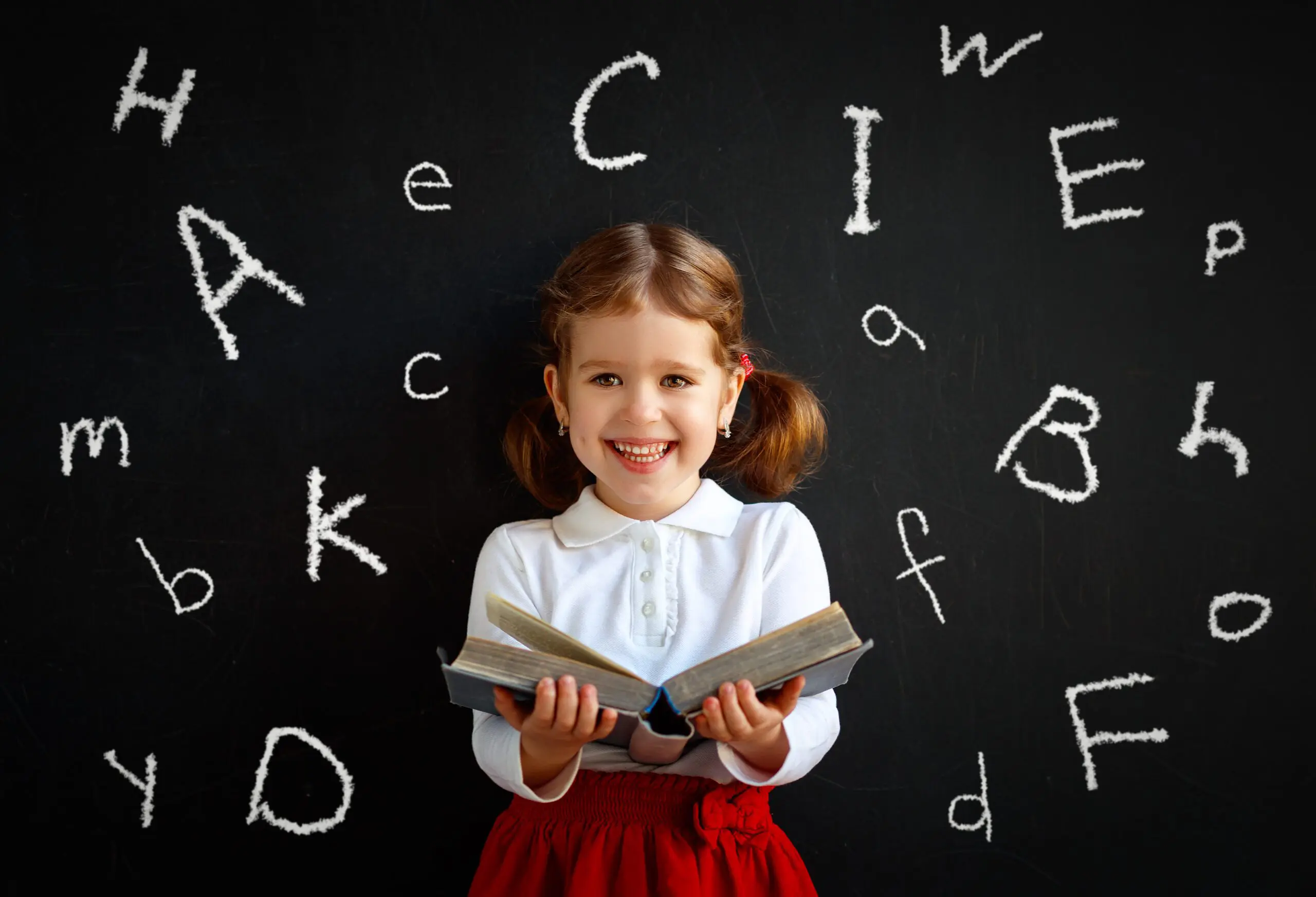
No matter how much we try to avoid it, conflicts are a part of life. Dealing and resolving conflicts is of the several social skills that children need to learn maintain healthy relationships. Helping children manage conflict will also help them enjoy better friendships and social experiences, not just in school but in other settings as well. Your child’s ability to handle conflicts depends on their age and stage of development. That’s the role of the parent: to guide children and teach them effective conflict resolution. Read on and learn some helpful tips for conflict resolution for kids.
Let them calm down
Like adults, children should be given the chance to calm down and take a breather from each other. Let them take a walk or do anything that will help their emotions subside. You may also suggest that they write down their feelings or count from 1 to 100. Allow them to figure out the best way to calm down before trying to resolve the problem because forcing a discussion between upset children might only make things worse. Effective conflict resolution for kids depends on them being calm.
Talk and listen
Once calm, you may talk to them together or separately, depending on how comfortable they are when it comes to talking through the problem. If you don’t talk to them together, be sure to talk and listen to each one of them. Emphasize the value of using kind and right words in trying to resolve a conflict. Help them express how they feel in a nice way. Focus on the cause of the problem instead of attributing blame.
Do not take sides
Regardless of the ages of the children involved in the conflict, it is important to avoid taking sides. Even if one child is older than the other and they have an unfair advantage, make sure not to take the side of the younger one. Make each child understand the cause of the issue instead of teaching one of them that you will run interference for them.
Find a solution together
In resolving conflicts, it’s important to find a solution that makes everybody happy. For children, make it as simple and easy as possible. It would help to encourage them to brainstorm potential solutions. Assure them that everyone has the right to be heard and no idea is silly or unacceptable. Guide them when it comes to creating solutions and ensure it is fair for both parties.
Promote fairness
When talking to children, be sure to highlight the benefits of being fair. Also help them to understand the value of kindness and sharing. Give them plenty of verbal encouragement. Provide examples if needed and actual opportunities to share and take turns.
Encourage each child to apologize
Apologizing may seem difficult, but it’s important for children to learn the importance of saying “sorry.” Encourage children to apologize. Make them understand that saying sorry will help improve and repair their relationships with others. Ask them to come up with a good apology. They can write down their thoughts first if they’re not ready yet. They can say their apology through a letter. The important thing is they know what they’re apologizing for and are making a commitment to correct things moving forward.
Do a follow up
Check if the solution you’ve come up with is working by doing a follow up. Observe how the kids are interacting after the conflict has been resolved. They must speak in a respectful way to each other even if they need a prolonged break. If they have been able to restore friendship, it would help to host regular play dates to continue to strengthen their relationship and provide them with more opportunities to improve their social skills in a larger group setting.
Encouraging the right behaviors when resolving conflicts is crucial to a child’s development. Use these strategies to equip your children with the right values and attitude when dealing with conflict—especially when they begin attending school. If you’re looking for a preschool that offers a toddler program that focuses on a child’s holistic development, please consider Children Central.



